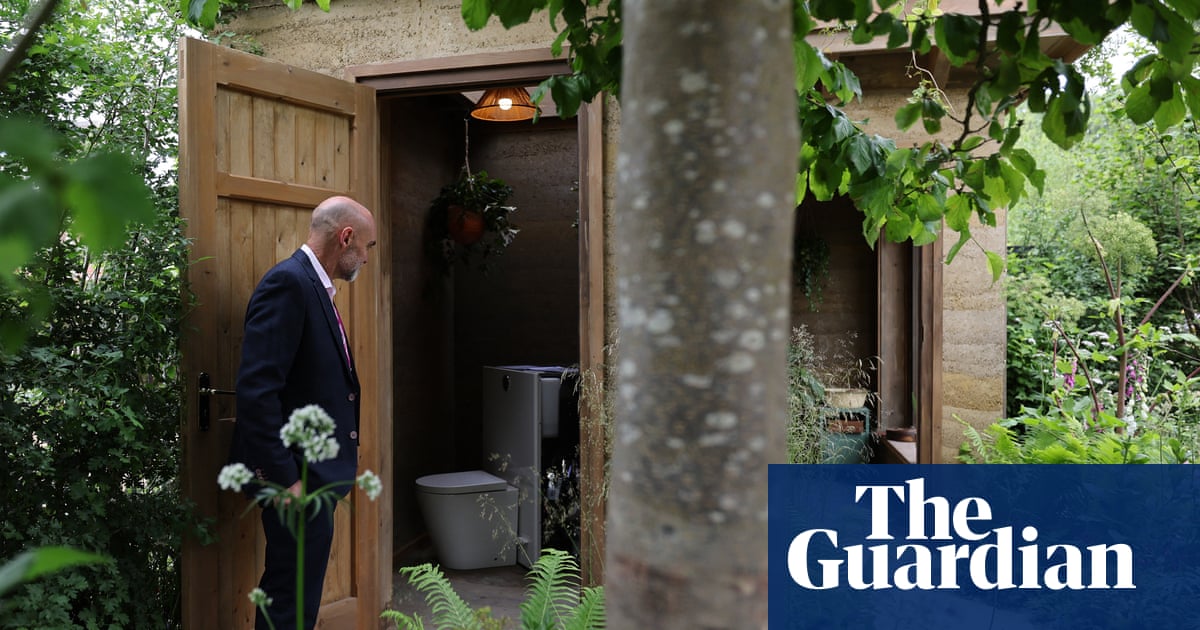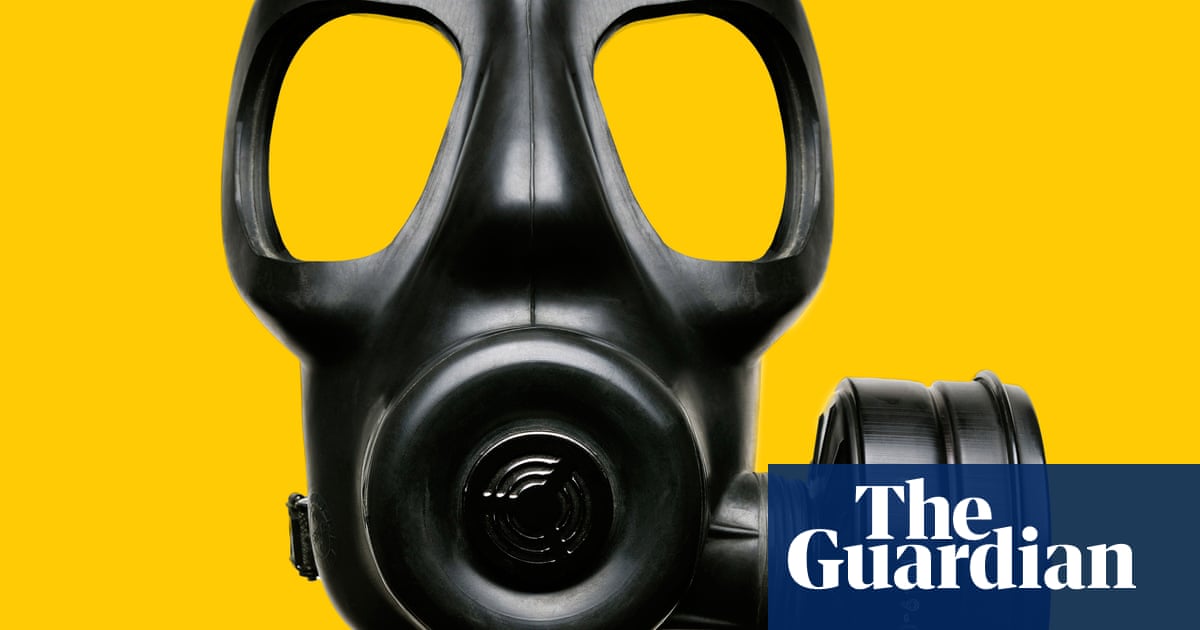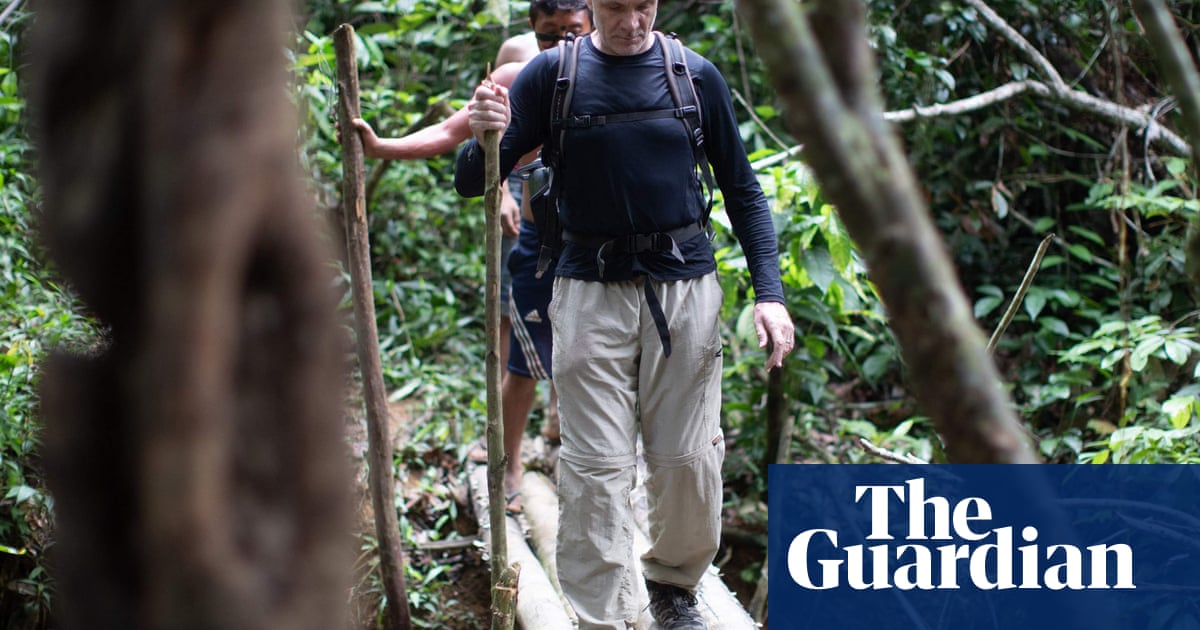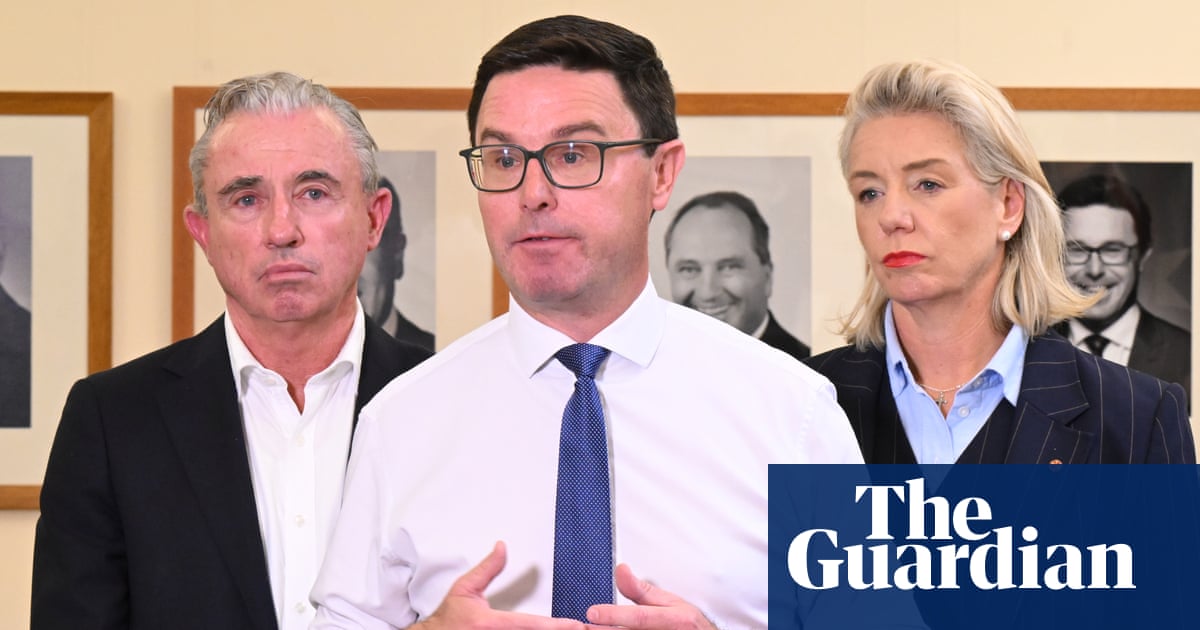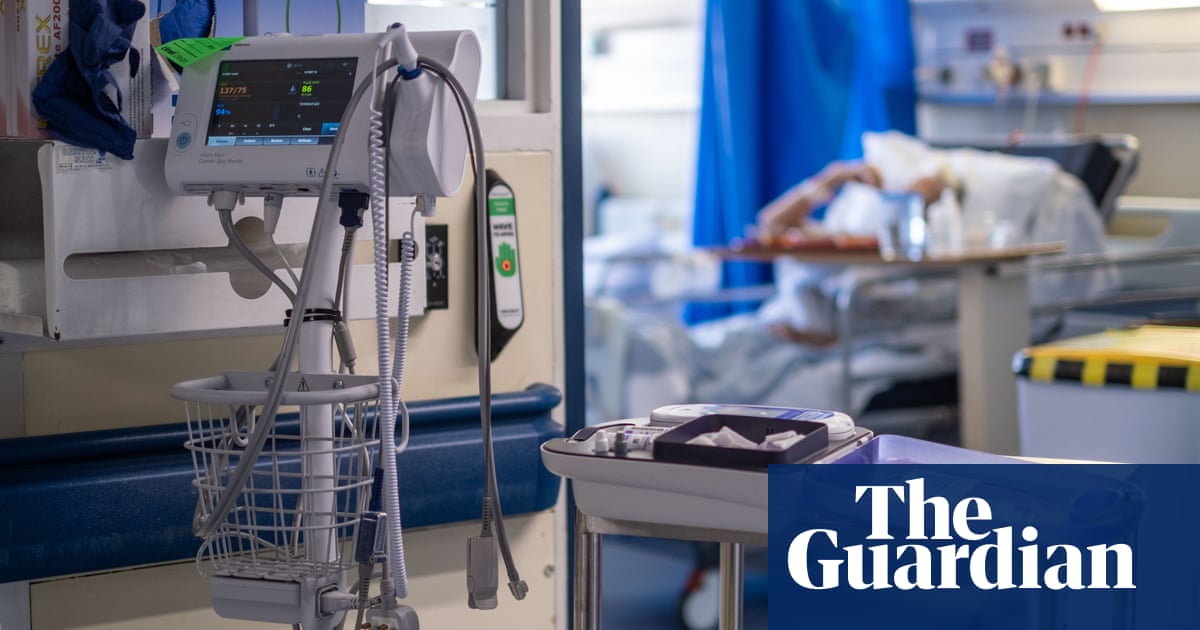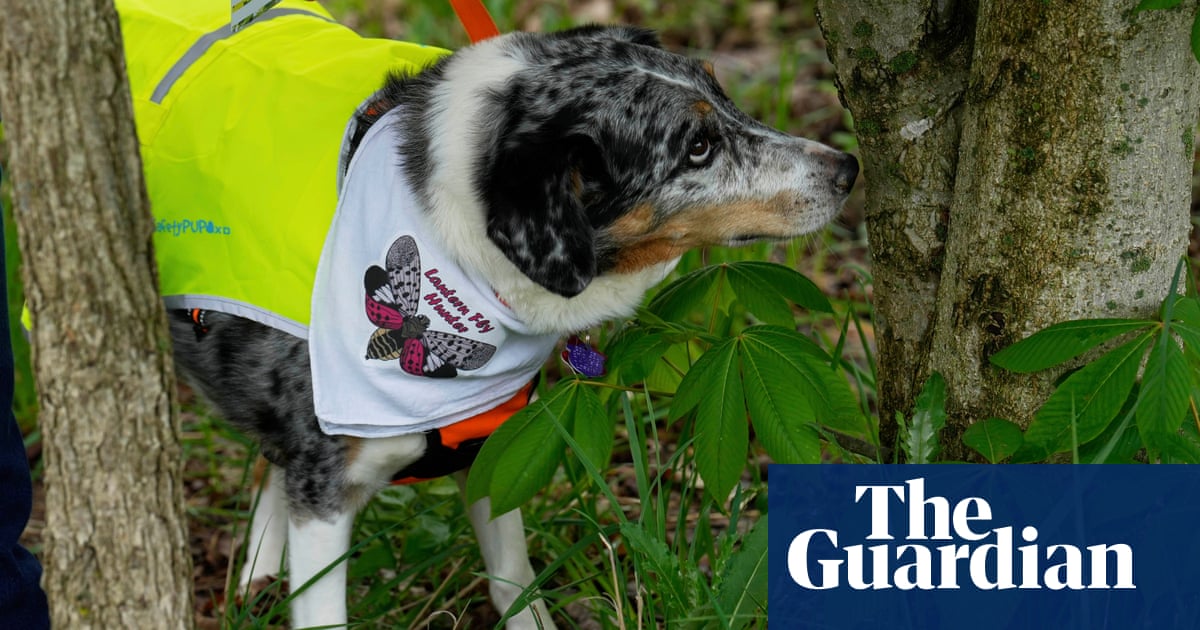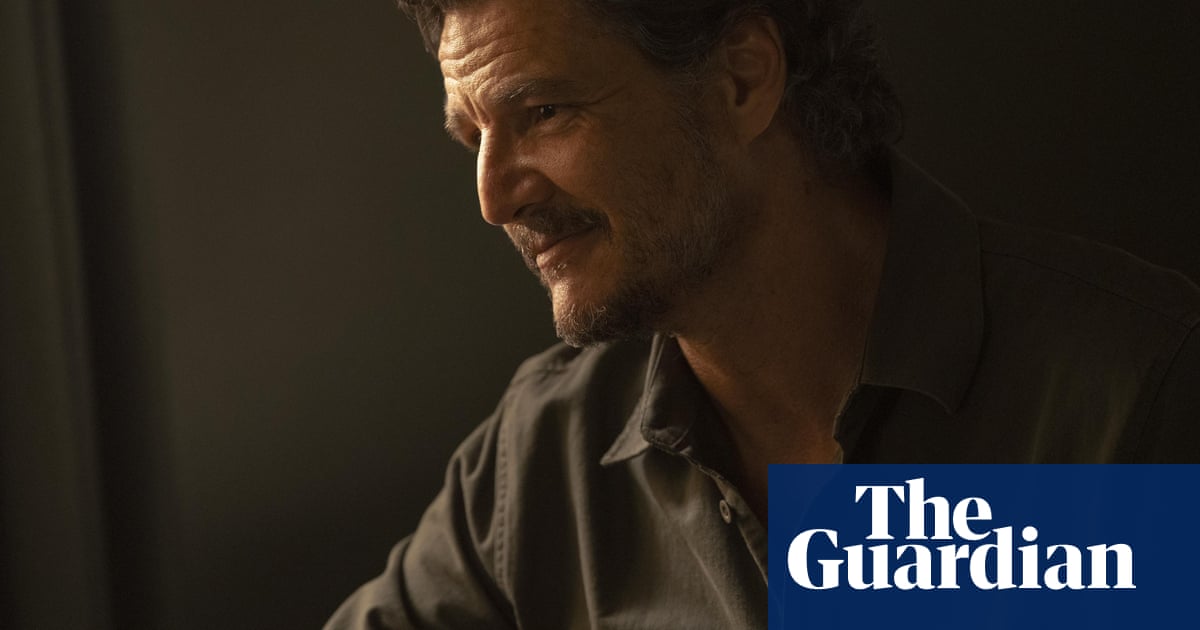Lauren Laverne says she loves her life more now that she’s had cancer. I know exactly what she means. Imagine you’re diagnosed with cancer. Do you think you’d look back on the moment as one of the best of your life?
It sounds bonkers if you’ve not been through it, but it’s how I feel. My wedding day beats it. As does Stuart Pearce’s penalty against Spain in Euro ’96, Nottingham Forest getting promoted at Wembley and Oasis reuniting. But those are in everyone’s top five, so let’s set them aside.
Eighteen months ago, I was diagnosed with cancer. Awful nerve pain in my left leg, which I presumed was sciatica, forced me to see a doctor. An MRI scan revealed a tumour at the base of my spine. They knew it was cancer, but weren’t sure if it was a primary tumour or had metastasised. It was bad news, but I didn’t yet know whether it was bad-bad or just bad. I had no idea how much longer I had to live. That precise moment will stay with me for ever. Because now I know how I really feel about death. Obviously, I’m broadly against it. But being forced to accept that I may have a limited time left clarified the point of life. And it wasn’t just to watch more football.
I braced myself for the worst news. Like an old airport departure board, I saw the time I had left rapidly fluttering away. In seconds, I’d bargained myself down from 10 years to a few weeks and had come to terms with it. This rapid reckoning with existence was done calmly – there was no panic. I felt grateful to have lived and to have followed my passions. I wasn’t afraid of dying. The only thing I felt sad about was that I’d miss my wife. We’d only got married a few months before and it felt desperately sad that our story was going to end too soon. That aside, and of course it’s a huge thing, I had accepted my fate as a condemned man.
Alongside this serene conclusion about life, something else happened. It was as if my body was talking to my brain. It was something beyond a thought, as if my mind wasn’t just in my head, but distributed equally through my whole body. My body was telling me: “Carve any part of us off in order to stay alive. Go through anything. Life is the point.” This was a phenomenal rush. I’ve never been brave – my housemate used to hide a toy rat just to make me scream.
Yet here I was, calmly ready to leap onto a bandsaw, embracing whatever it took to stay alive.
After weeks of limbo, I got my answer. I had a chordoma, a form of bone cancer that only one in 800,000 people get. Nice to be special. Surgery involved removing the base of my spine, which meant losing bowel, bladder and sexual function. It’s not that these things sounded inconsequential, or that I didn’t worry about what my life was going to be like. But compared with death, they were preferable. Although I accept that most things are preferable to death – apart from listening to Ed Sheeran.
The 10 weeks I spent in hospital recovering from surgery were difficult in that they were often physically painful and, at times, I despaired. But even on the hardest days, there were moments of levity. For three weeks, I was in severe distress from catastrophic levels of nerve pain. But even on those days when I was in tears, gripped by pain I couldn’t believe the body could endure, I still laughed with friends who came to visit. My sides weren’t in danger of splitting, but the stitches holding my back together were. Laughter wasn’t the best medicine, but after morphine it did wonders.
I’ve quickly adjusted to the changes to my body. My stoma is far easier to manage than I expected and hasn’t limited my ability to go to football matches or the pub. Plus, not pooping the old way has given me more free time – although I am reading less. To pee, I have to self-catheterise, which means using disposable catheters a few times a day. Yes, it sounds horrific. Thankfully, it’s not.
Every few hours I have to push a tube down the hole in my penis until it reaches the bladder. I look like I’m loading an old rifle. When the tube is fully in, pee comes out the other end and when the flow stops, I gently withdraw it. And believe me, I do that very gently. I could teach bomb disposal squads a thing or two about keeping a steady hand under pressure.
after newsletter promotion
Erectile dysfunction can be embarrassing and talking about it can be hard. Sorry, soft. I’m 42, so it’s not something I thought I’d have to deal with yet, if ever. I’m still in the process of discovery when it comes to pills, pumps and injections. It’s miraculous what these things can do for a part of the body that was effectively pronounced dead. You don’t need the details of how I’m getting on, but let me put it this way: I’m now far less sceptical about the resurrection of Lazarus.
I don’t want to give the wrong impression. A lot of the past year and a half has been difficult and distressing. At times, I felt petrified about my future. But it was also a life-enriching experience unlike anything else. I benefited from the love and care of exceptional nurses, doctors and hospital staff. Friends and family entertained me at my bedside. It has brought me and my wife even closer together.
But the main thing it has left me with is a deeper appreciation of life. Being alive is wonderful. One day it’ll end, and thanks to this I know how I’ll feel when that day comes. But not yet.

.png) 1 month ago
28
1 month ago
28
